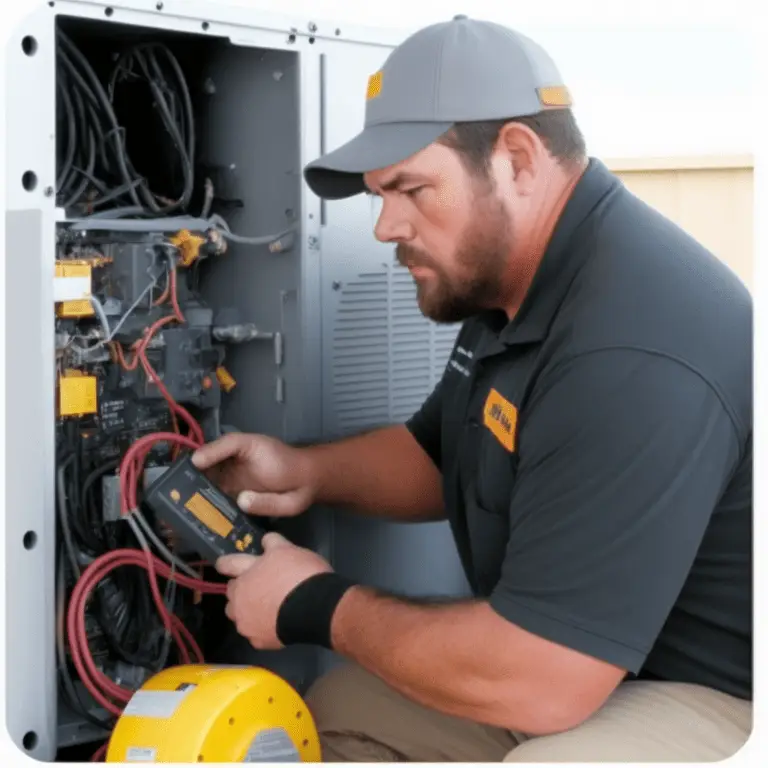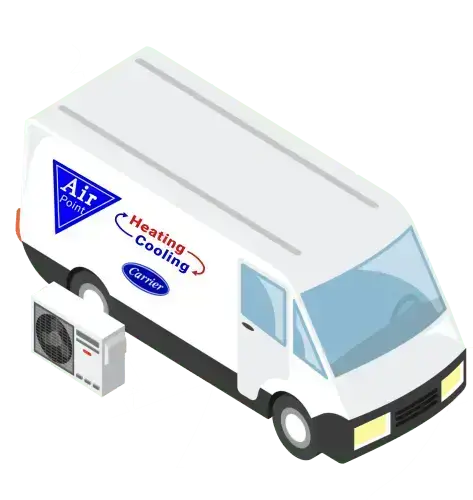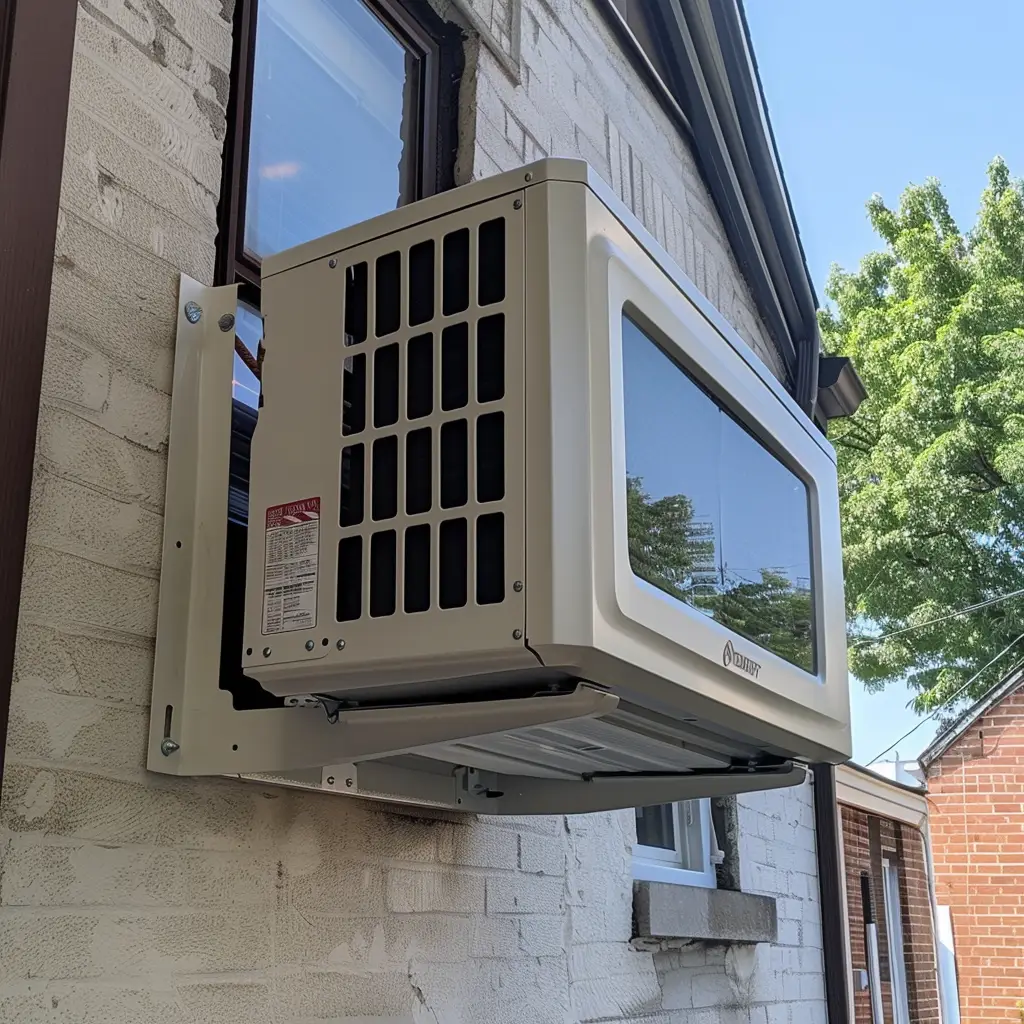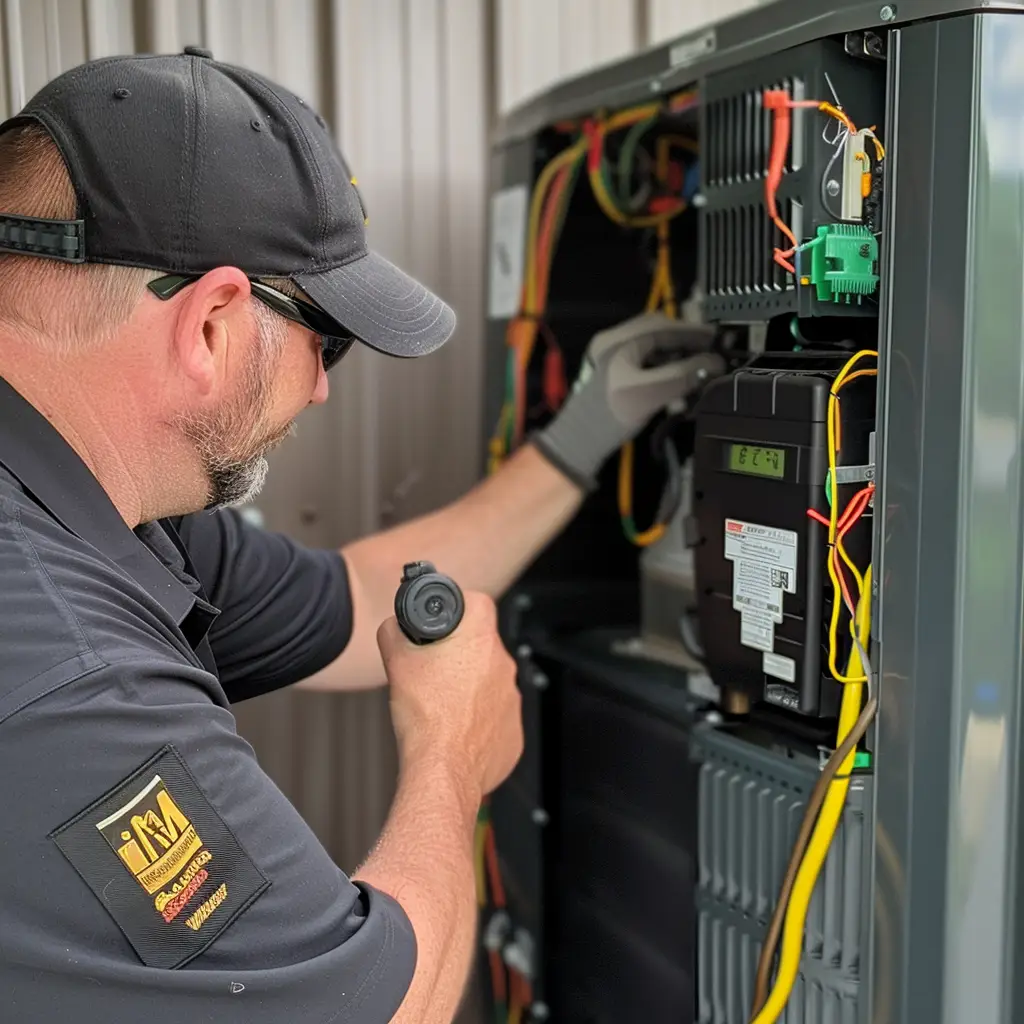As a homeowner, few things are more frustrating than having an HVAC system that’s not working properly. Whether your air conditioning isn’t cooling your home or your heating system isn’t keeping you warm, HVAC issues can be costly, inconvenient, and downright uncomfortable. However, before you call a professional for help, there are a few things you can do to try to diagnose and repair the issue yourself.
In this guide, we’ll walk you through the steps of how to repair your HVAC system, saving you time and money in the process.
Step 1: Check Your Thermostat
The first thing you should do when you’re experiencing HVAC issues is to check your thermostat. Ensure that it’s set to the appropriate temperature and that the fan is set to “auto” rather than “on.” If you’re still experiencing problems, try replacing the batteries in your thermostat to see if that solves the issue.
Watch this video by AC Service Tech LLC to learn more about how to troubleshoot your thermostat.
Step 2: Check Your Air Filter
A dirty air filter can cause all sorts of HVAC issues, from reduced airflow to frozen evaporator coils. It’s important to replace your air filter at least once every three months to keep your system running smoothly. If you’re experiencing issues, check your air filter to see if it needs to be replaced. A clean air filter can go a long way in helping to prevent HVAC problems.
For a step by step guide on how to change your HVAC filter, watch this video by Van Metre Customer Care
Step 3: Check Your Circuit Breaker
If your HVAC system isn’t turning on at all, the issue might be a tripped circuit breaker. Check your electrical panel to see if the breaker for your HVAC system has tripped. If it has, reset it and see if that solves the issue. If the breaker trips again, you might have a more serious issue that requires professional attention.
For a step by step guide on how to change your circuit breaker, watch this video by Sierra LLC Air Conditioning & Heating
Step 4: Check Your Condensate Drain
Your HVAC system produces condensate as it cools your home. This water is typically drained away from your system through a condensate drain line. If this line becomes clogged, it can cause your system to shut down. If you’re experiencing HVAC issues, check your condensate drain line to ensure that it’s clear of debris.
For a step by step guide on how to check if your AC condensate drain is clogged, watch this video by Althoff Home Services
Step 5: Check Your Ductwork
If your HVAC system isn’t producing enough airflow, the issue might be with your ductwork. Check your ductwork to see if there are any leaks or blockages that could be restricting airflow. If you find any issues, you may need to seal your ductwork or have it cleaned by a professional.
To learn how to find and seal leaky ductwork, watch this video by the lone landlord
Step 6: Call a Professional
When it comes to HVAC issues, there are a few things you can do to try to diagnose and repair the issue yourself. Checking your thermostat, air filter, circuit breaker, condensate drain, and ductwork are all simple steps that can help prevent HVAC problems. However, if you’re still experiencing issues, it’s best to call a licensed professional.
At AirPoint, we are a Carrier factory authorized dealer and NATE certified in Toronto, meaning we have the highest title of dealership with Carrier. We’re also proud to have been awarded HomeStars Best of the Best 2023 and have been rated 5 stars on Google and HomeStars. Our experienced and licensed professionals can diagnose and repair your HVAC system quickly and safely, ensuring that your home stays comfortable year-round. So if you’re experiencing HVAC issues, don’t hesitate to give us a call and let us help you get your system back up and running.
Frequently Asked Questions about HVAC repairs
Have questions about HVAC repairs? Our FAQ section has got you covered! Learn about common HVAC repair issues, what constitutes a major repair, and the importance of regular maintenance to keep your system running smoothly.
What is considered a major repair in HVAC?
A major repair in HVAC is any repair that requires significant labor, parts, or both. This can include issues like a compressor replacement, refrigerant leak repair, or a blower motor replacement. Major repairs can be costly, so it's important to have your HVAC system regularly maintained to help prevent these types of issues.
What does HVAC maintenance do?
HVAC maintenance involves a series of tasks that help keep your system running smoothly. This can include things like changing the air filter, cleaning the coils, checking the refrigerant levels, and inspecting the electrical components. Regular maintenance can help prevent HVAC issues and extend the lifespan of your system.
How often should HVAC be cleaned?
The frequency of HVAC cleaning depends on a number of factors, such as the size of your home, the number of occupants, and whether you have pets. Generally, it's a good idea to have your HVAC system cleaned at least once a year, but more frequent cleanings may be necessary in certain circumstances.
How often should HVAC be serviced?
HVAC systems should be serviced at least once a year, ideally before the start of the heating or cooling season. Regular servicing can help prevent issues and prolong the lifespan of your system.
Do you really need HVAC maintenance?
Yes, regular HVAC maintenance is essential for keeping your system running smoothly and preventing costly repairs down the line. Neglecting maintenance can lead to reduced efficiency, higher energy bills, and even system failure.
Is HVAC service really necessary?
Yes, HVAC service is necessary to keep your system running smoothly and efficiently. Regular servicing can help prevent issues, improve indoor air quality, and extend the lifespan of your system.
How long does HVAC last on average?
The lifespan of an HVAC system depends on a variety of factors, such as the quality of the system, the frequency of maintenance, and the type of use. On average, HVAC systems can last anywhere from 10 to 15 years, but proper maintenance can help extend their lifespan.





